Request for further clarification on Clause 3, Article 15 on value added tax refund
Regarding the content of amending the regulations on VAT refunds in the project to amend the Law on VAT stated in the Report of the Ministry of Finance sent to the Government. Accordingly, in Clause 3, Article 15 of the Draft - Cases of tax refunds: "... Business establishments that only produce goods and provide services subject to 5% VAT, except for asset liquidation activities, if the input VAT amount that has not been deducted is from 300 million VND or more after 12 consecutive months or 4 consecutive quarters, will be entitled to a VAT refund".
With this regulation, if a business has only one VAT rate of 5%, it will be refunded, but businesses with two or more VAT rates will not be refunded. This is unfair to businesses with two or more VAT rates.
National Assembly Delegate Dang Bich Ngoc ( Hoa Binh )
Discussing the above issue at the National Assembly Hall, National Assembly Deputy Dang Bich Ngoc (Hoa Binh) requested the drafting agency to clarify the provisions in Clause 3, Article 15 of the draft law on VAT refunds. Deputy Ngoc said that according to this provision, in the case of production units with both goods subject to a 5% tax rate and other goods subject to a 10% tax rate, input VAT is all at a 10% tax rate, and revenue mainly comes from goods subject to a 5% tax rate, enterprises will not be able to deduct all the 10% input fuel VAT annually and will not be refunded. Accordingly, the amount of deductible VAT increases gradually over the years, causing difficulties for enterprises.
Sharing the same opinion with delegate Ngoc, National Assembly delegate Cam Thi Man (Thanh Hoa) also proposed to amend Clause 3, Article 15 on VAT refund.
According to delegate Man, in essence, VAT refund in the case stipulated in Clause 3, Article 15 is a refund for business establishments that only produce goods and provide services subject to a VAT rate of 5%. Meanwhile, input VAT of costs of goods subject to a tax rate of 10% should be continuously deducted. The 5% control to ensure the nature as stated above ensures that no refund is made for inventory. This provision creates equality between businesses and business establishments that produce and provide services subject to different tax rates. Therefore, delegate Man proposed to review and amend to ensure that the amount of VAT refunded does not exceed 5% of the revenue of goods and services subject to a 5% tax, except for the asset liquidation activities mentioned above.
Applying a 5% tax rate helps stabilize the domestic fertilizer market.
Regarding the content, there are still different opinions on transferring fertilizers, specialized machinery and equipment for agricultural production, and fishing vessels from non-taxable to 5% taxable. Delegate Dang Bich Ngoc said that the National Assembly Delegation of Hoa Binh province has conducted a survey, worked with relevant agencies of the province and agreed with the Government's proposal to transfer fertilizers, specialized machinery and equipment for agricultural production, and fishing vessels from non-taxable to 5% taxable.
It can be said that fertilizer is the most important agricultural material for agricultural production in our country, accounting for the highest proportion in the cost of cultivation, while the cultivation industry currently accounts for 64% to 68% of the total production value of the entire agricultural sector. VAT on fertilizer products was amended in 2014 in the Value Added Tax Law No. 71, changing from a tax rate of 5% to a tax-free level, which has had a huge impact on the domestic fertilizer production industry. Fertilizer production enterprises are not allowed to deduct or refund VAT on purchased goods and services, including VAT on purchased or imported goods to create fixed assets for fertilizer production. This not only reduces business profits but also prevents businesses from investing in new generation fertilizer technology towards green and sustainable production, while imported fertilizers benefit from being subject to a 5% tax, which is converted to non-taxable and still fully refunded input VAT.
In particular, during the period of oversupply in the world fertilizer market in the period of 2015-2020 before the Covid-19 pandemic, fertilizer prices in the world market decreased sharply, making the cost of domestically produced fertilizers unable to compete with imported prices, domestic enterprises all had negative growth, some units were losing money and were at risk of bankruptcy.
If this amendment to the VAT Law does not address the above shortcomings, the domestic fertilizer industry will continue to be discriminated against compared to all other industries when it is outside the scope of VAT application and is at risk of returning to the state of decline and production cessation as in the period 2015-2020. When fertilizer products are subject to output VAT, enterprises will be able to deduct input VAT, thereby reducing investment pressure. Therefore, if the VAT policy for fertilizer products is changed from tax exemption to tax rate application, it will benefit all three parties: the state, enterprises, and farmers, reducing dependence on imported fertilizers.
Delegate Ngoc gave an example: Currently, countries around the world apply VAT to the fertilizer industry such as: China is the world's largest fertilizer producer and consumer, currently applying VAT at 11% on fertilizers, at the same time, this country also issued a number of policies to exempt and reduce consumption tax for fertilizer production enterprises, especially those producing organic fertilizers, microbial fertilizers, environmentally friendly fertilizers and fertilizer production enterprises that invest heavily in research and development or use advanced technology in production. Similarly, Russia, the world's largest fertilizer exporter, is also applying VAT rates to the fertilizer industry to improve crop productivity and quality, contributing to ensuring food security and sustainable agricultural development.
The fertilizer industry is playing a very important role in improving crop productivity and quality, contributing to ensuring food security and agricultural development; goals, tasks, and solutions to promote industrialization and modernization of the country. Therefore, it is necessary to have tax policies to support the development of the fertilizer industry towards sustainable development, harmoniously combining direct and indirect taxes in the tax system such as VAT, environmental protection tax, import and export tax, and corporate income tax.
“If fertilizers continue to be exempt from VAT as they are now, it can be seen that fertilizer importing enterprises will continue to benefit from the fact that fertilizers are not subject to VAT from the time of amending Law No. 71. The affected entities are all enterprises in the domestic fertilizer production industry and this industry may gradually shrink and be replaced by imported fertilizers. In the long term, the agricultural sector will depend on imported fertilizers and it will be difficult to achieve the goal of developing sustainable agriculture, because fertilizers are essential inputs for agricultural production and are greatly affected by supply and demand in the world market,” emphasized Delegate Dang Bich Ngoc.
National Assembly Delegate Cam Thi Man (Thanh Hoa) spoke at the discussion on the morning of October 29.
Discussing at the Hall, Delegate Cam Thi Man said that after carefully studying the impact assessment report of the Drafting Committee and the explanation and acceptance content of the National Assembly Standing Committee as well as the opinions of voters who are farmers of enterprises and related associations from many different sources. Personally, I think that we can rest assured about this change compared to the current law. Rest assured that applying a 5% tax on fertilizers does not mean that this item will increase in price. At the same time, the assessment reports also show that the fertilizer production capacity is very large, mainly domestic enterprises, the proportion of imported fertilizers compared to domestic production accounts for only 27%. If a 5% tax rate is applied, imports will also be subject to 5% and will also be subject to the same regulation as domestic fertilizers.
In addition, Delegate Cam Thi Man also said that fertilizer is a commodity subject to the control and price stabilization of the State. Therefore, applying a 5% tax rate means that we can simultaneously achieve the goal of expanding the tax mechanism, moving towards applying a tax rate, and at the same time restoring support for domestic production, and in the long term, it will create sustainability and stability in the domestic input fertilizer supply, not depending on imported fertilizers, which is the basis for reducing the cost of fertilizer products. Thus, farmers as well as domestic production enterprises will benefit from this change.
Source: https://www.pvn.vn/chuyen-muc/tap-doan/tin/834105d0-1764-47e5-8f86-f49b779a3801


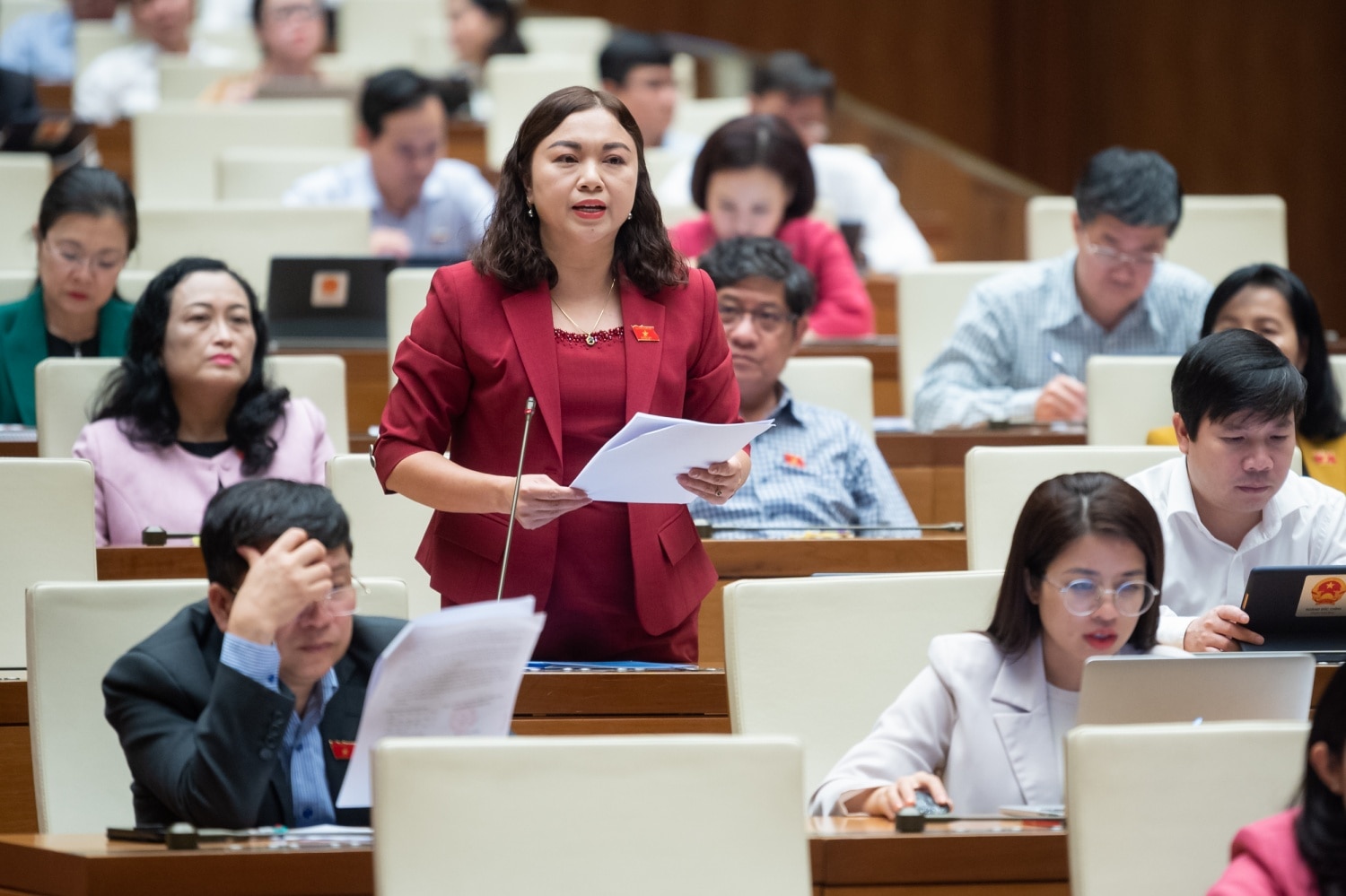
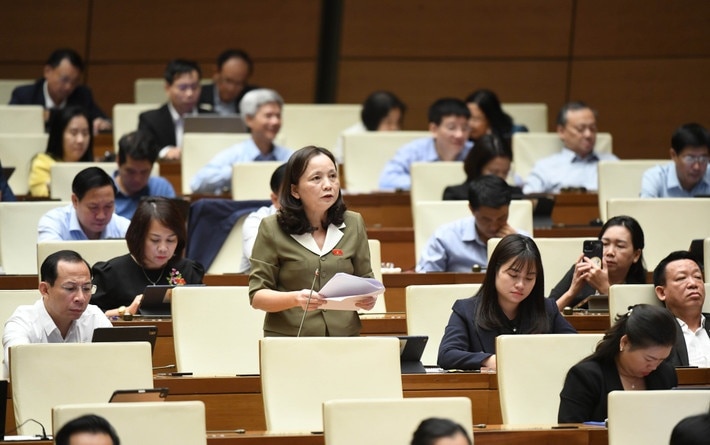
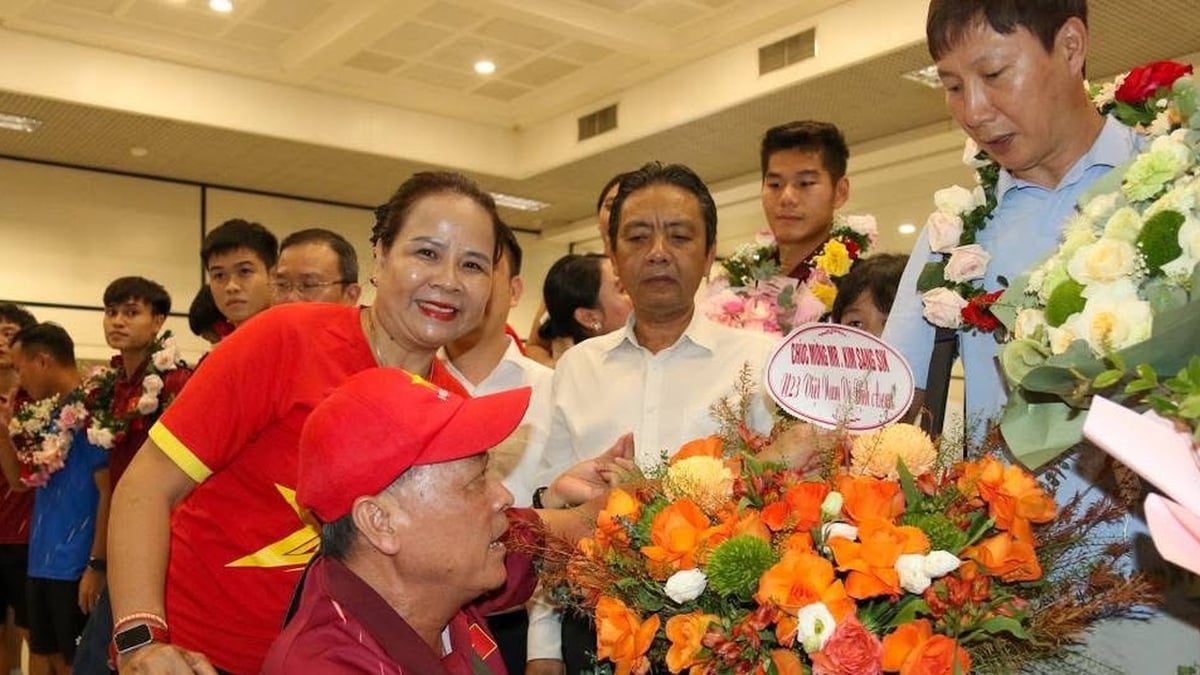
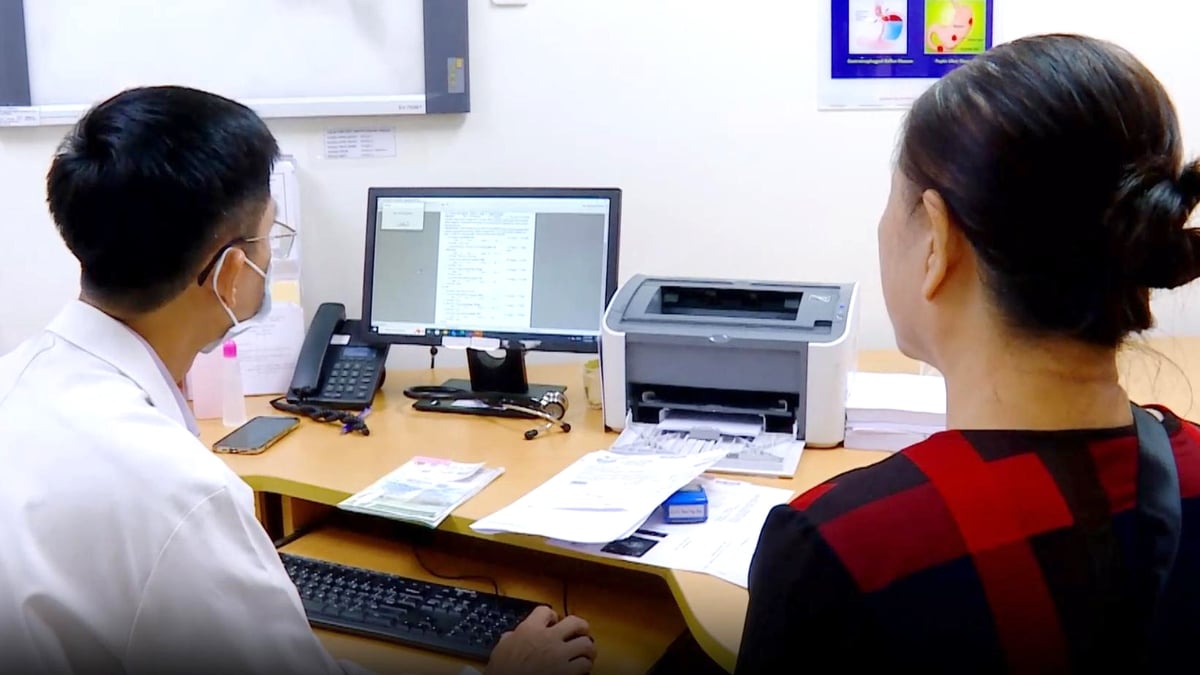
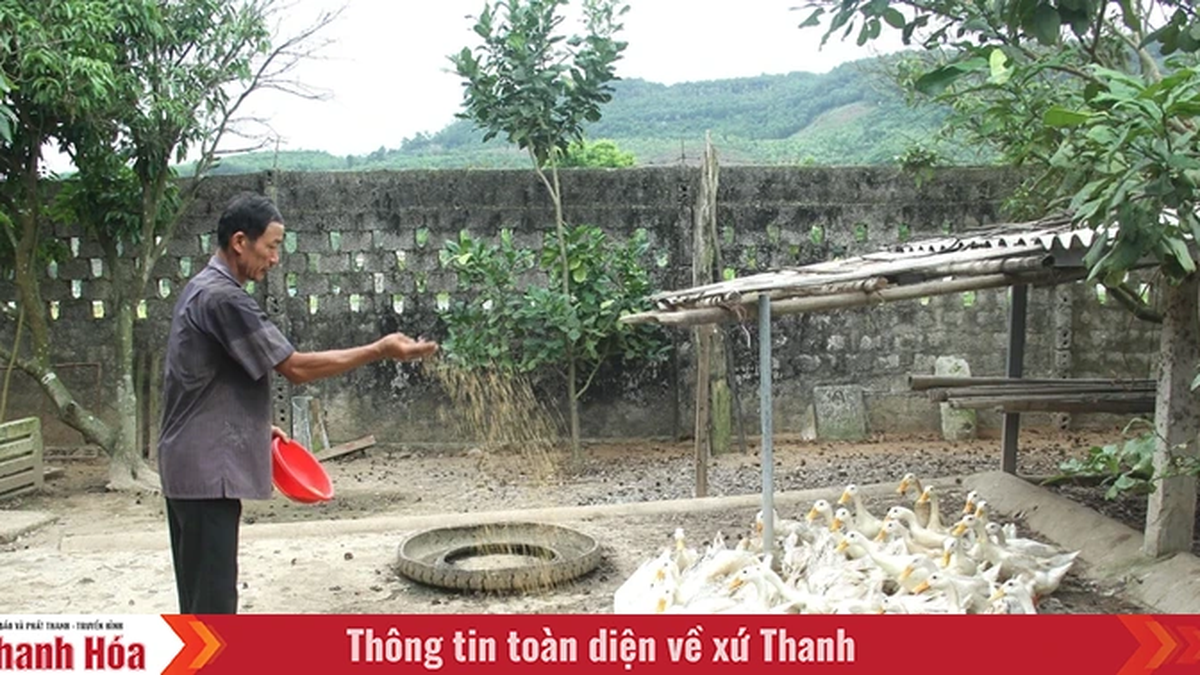
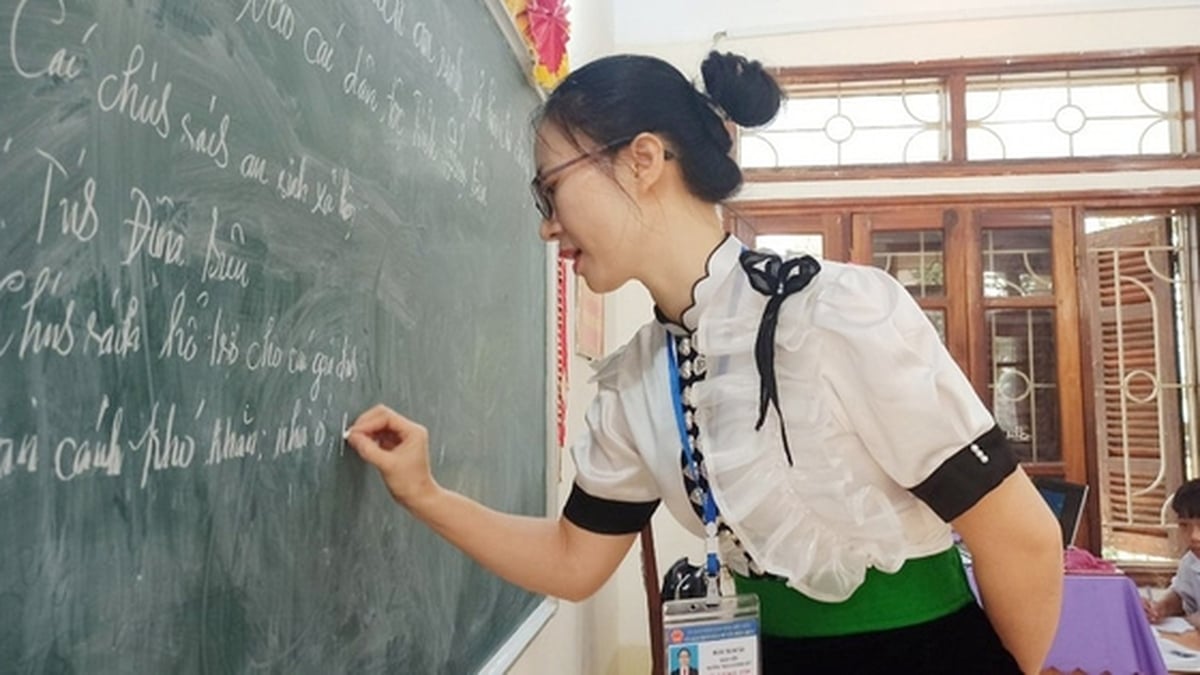


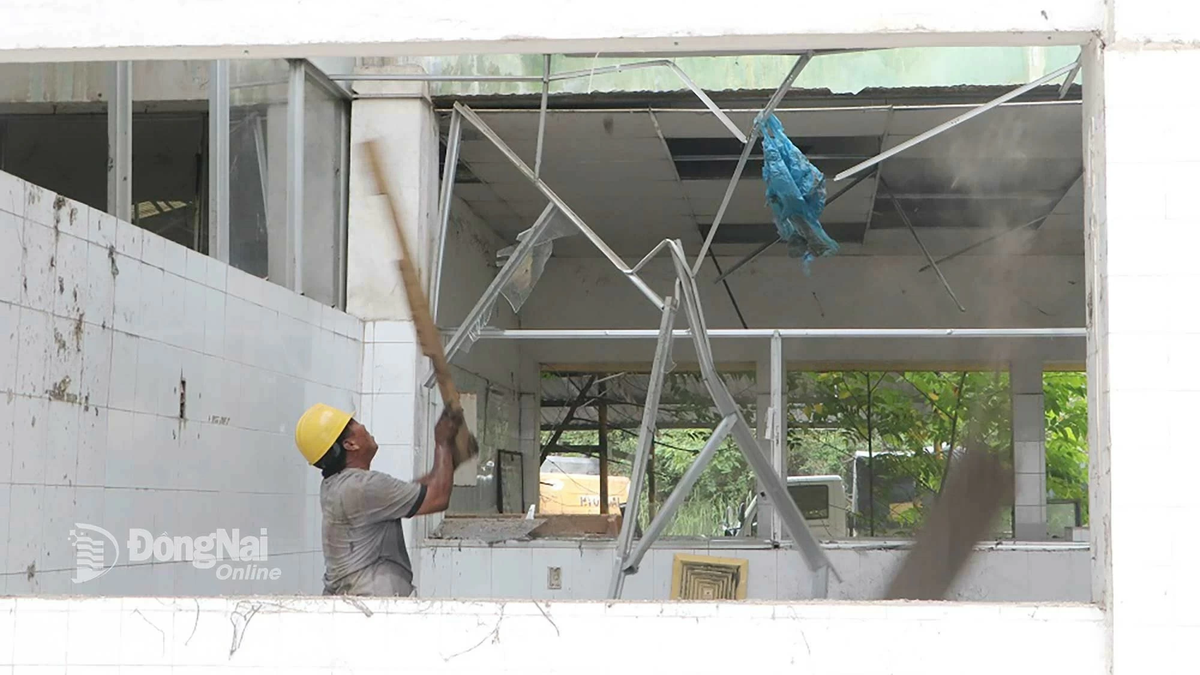
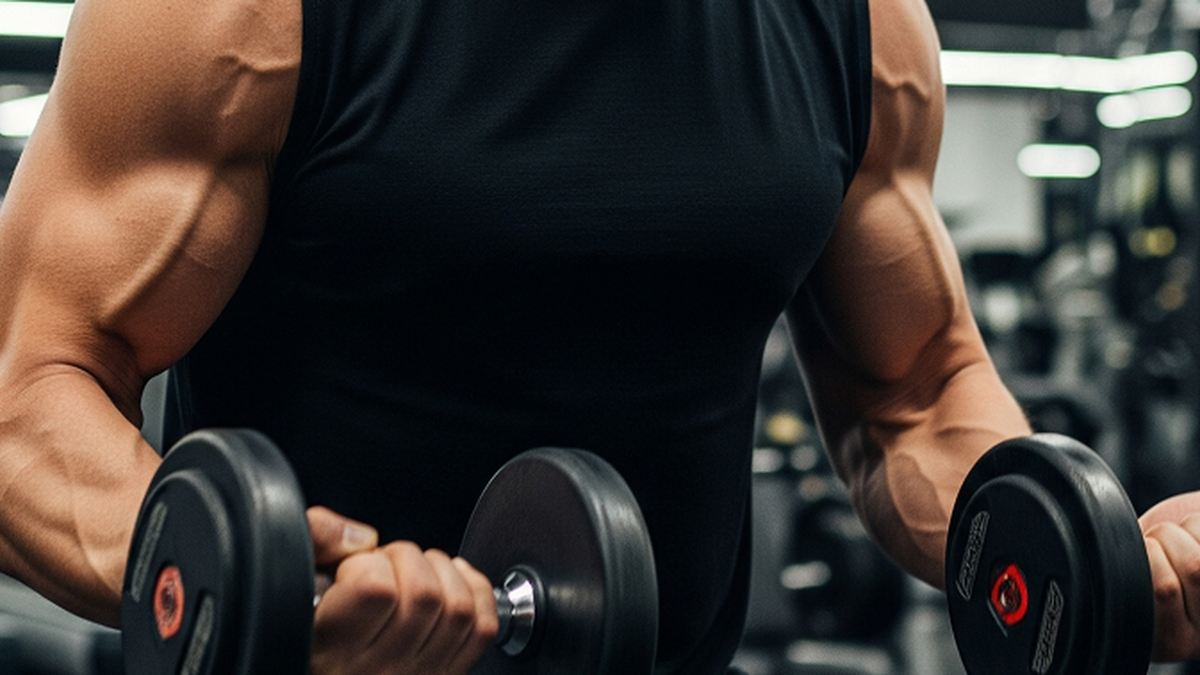
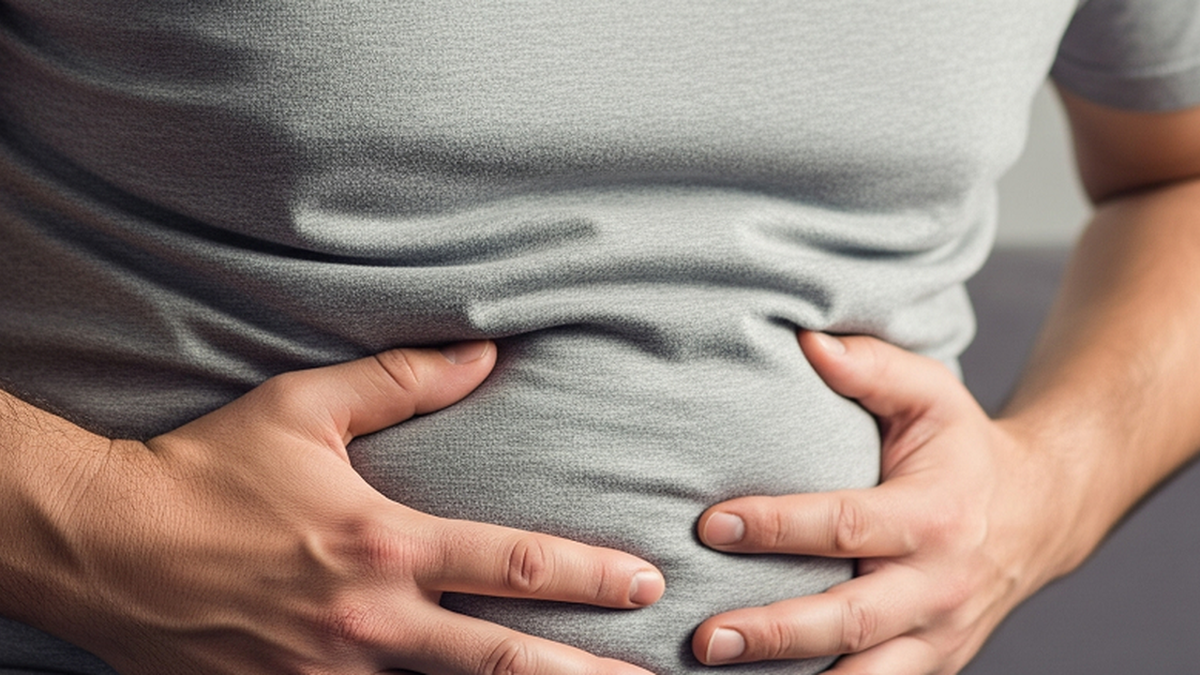
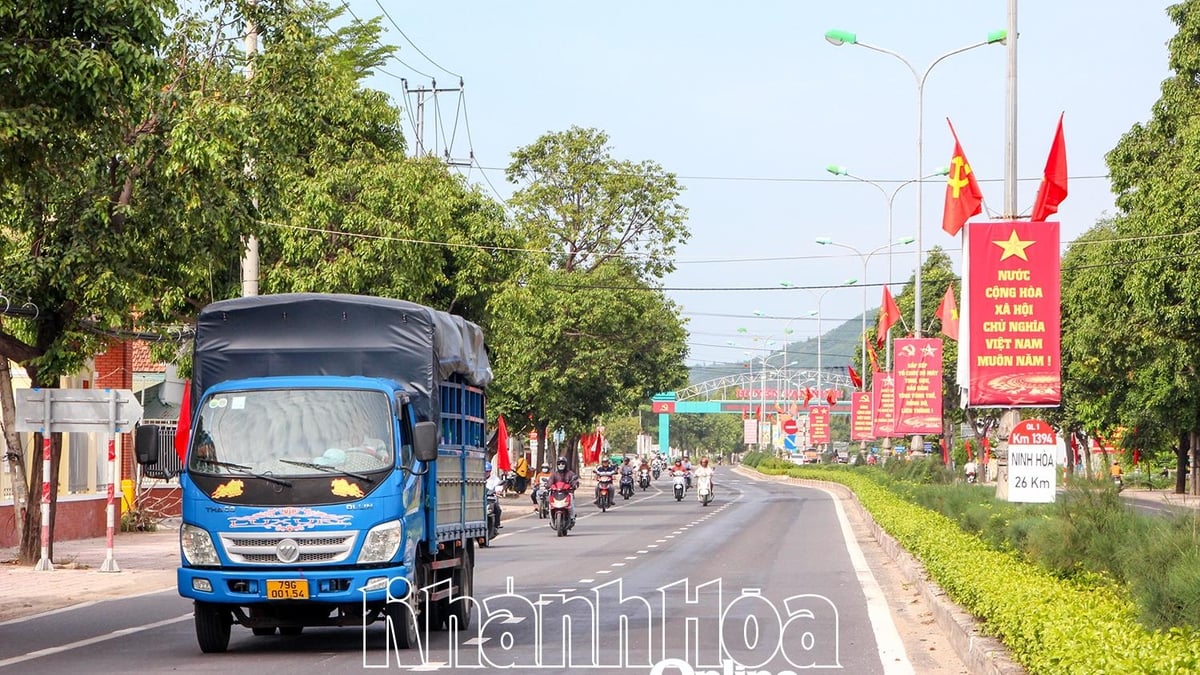











































![[Maritime News] Container shipping faces overcapacity that will last until 2028](https://vphoto.vietnam.vn/thumb/402x226/vietnam/resource/IMAGE/2025/7/30/6d35cbc6b0f643fd97f8aa2e9bc87aea)









































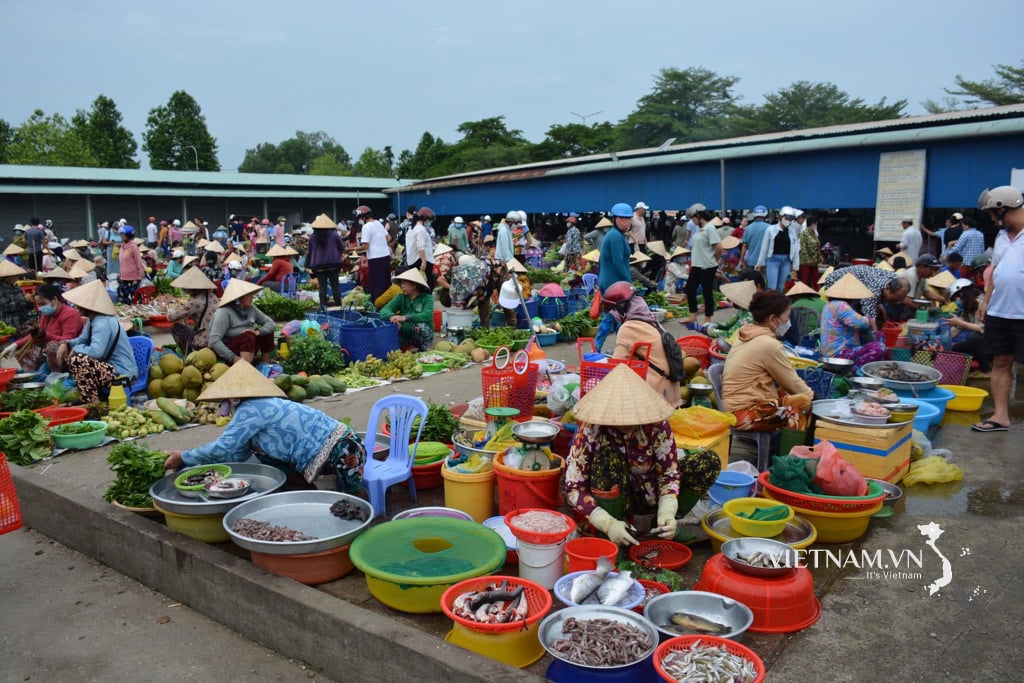
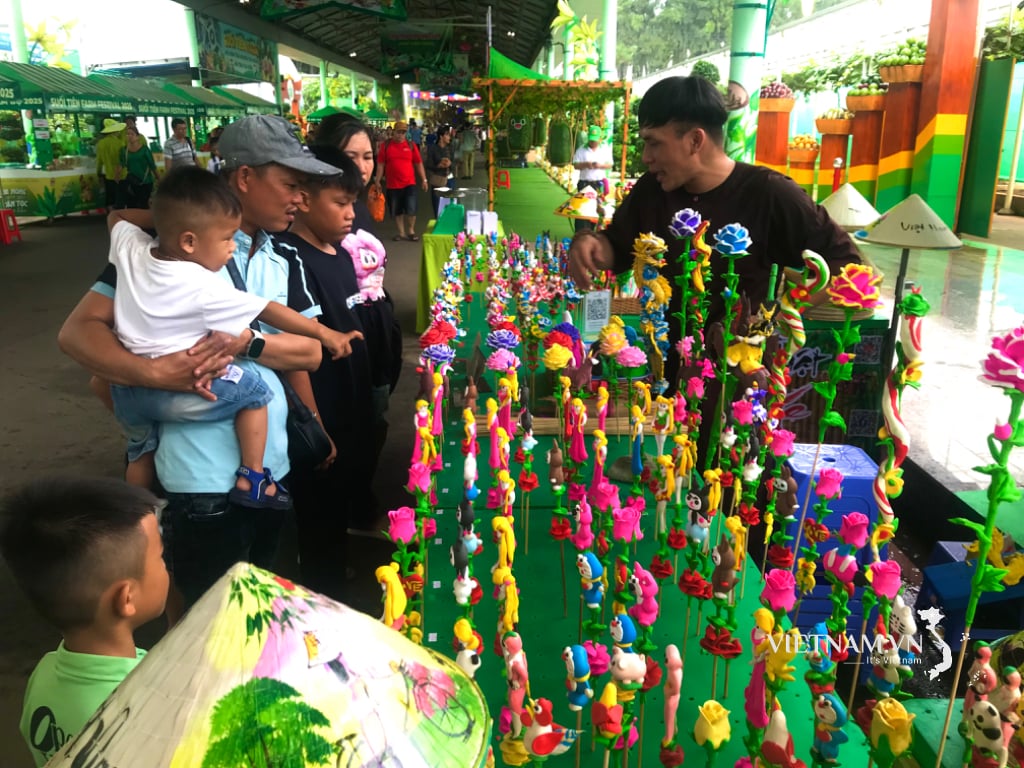
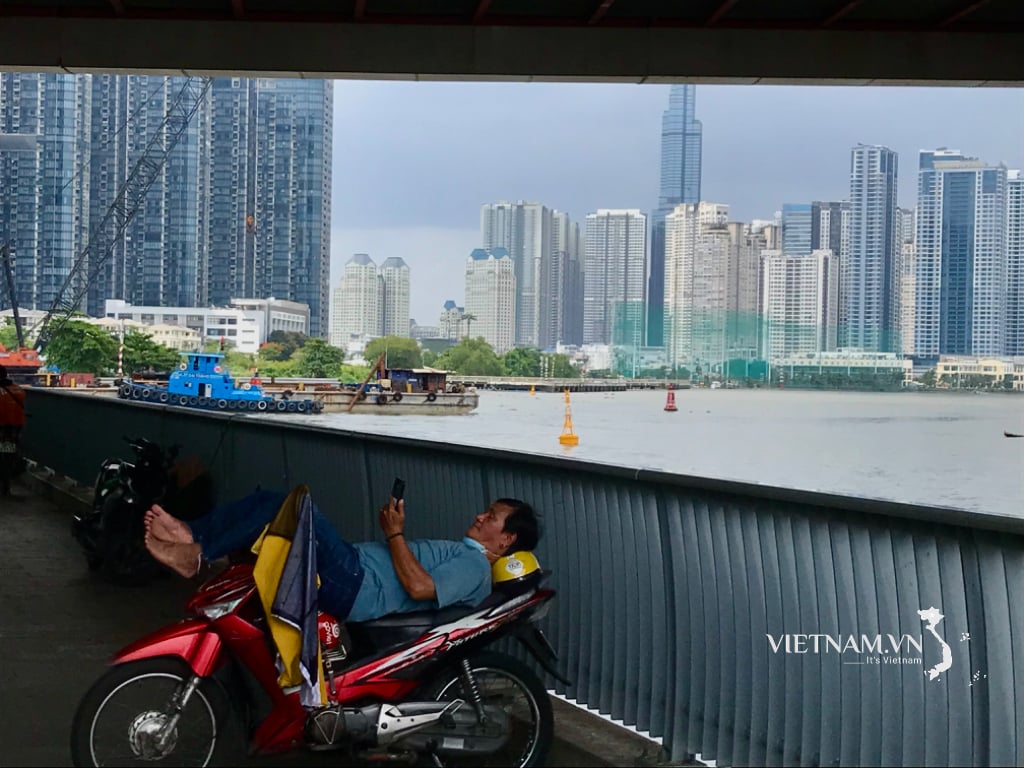

Comment (0)